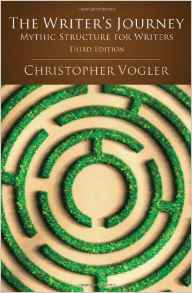
This time last year I took out a subscription to Apple Music. I then worked my way through Rolling Stone Magazine’s Top 500 Albums Of All Time, finally getting to their number 1 album, Sergeant Pepper’s Lonely Hearts Club Band a few weeks ago.
The fact that I could make this musical odyssey – or odessey as the Zombies would have it – really brought home to me how much has changed in the way we access music. The advent of streamed music ranks up there with the shift represented by the development of records in the early twentieth century. After growing up with LPs, cassette tapes and CDs, the ability to listen to hundreds of albums without taking out a second mortgage – and without covering my bedroom walls in shelving – was a revelation.
So as a memento to my long musical journey here is a list of sixty tracks that I was glad to discover.



